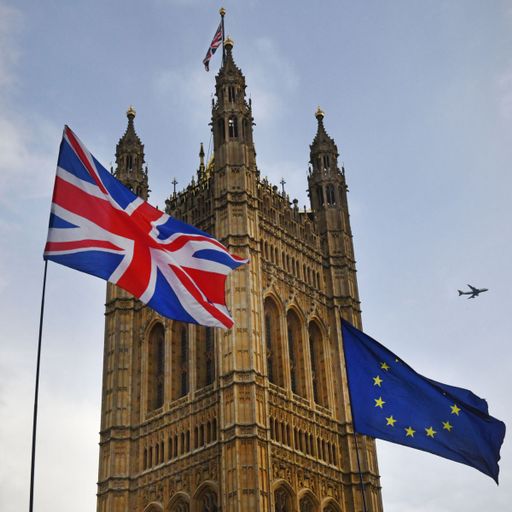
U.K Government Announces Plans to Suspend Parliament Before Brexit
The U.K. government announced controversial plans to suspend parliament on Wednesday morning, a gamble which could allow a “no deal” Brexit to be forced through — or preempt a vote of no confidence in the government.
The Queen formally agreed Prime Minister Boris Johnson’s request to end the current parliamentary session, the government said Wednesday.
The move to “prorogue” parliament will effectively lock lawmakers out of the building for several days in early September, possibly preventing them from making laws that would force Britain’s exit from the European Union to be delayed or even canceled if a deal cannot be agreed.
Britain is scheduled to leave the E.U. on Oct. 31, but currently has not accepted a withdrawal agreement which would lessen the shock of its departure. Johnson has pledged to leave on Halloween with or without such a deal — but many lawmakers are opposed to the shock economists say a so-called “no deal” Brexit would bring.
What is prorogation?
The prorogation of parliament is when the Queen ends one parliamentary session so that another can begin.
Prorogation can only happens when the Queen says so — which, in the modern era, is only after the Prime Minister has requested it. Lawmakers do not have a say in preventing prorogation.
In practice, it means sitting lawmakers will not meet for several weeks, meaning they cannot pass laws. Prorogation also gives the government an opportunity to set out its new agenda for the coming session, which is announced by the Queen in a speech to lawmakers amid great pomp and ceremony.
A Queen’s speech, in which she addresses lawmakers in parliament amid great pomp and ceremony setting out the agenda for the upcoming parliamentary session, is scheduled for Oct. 14.
Why is Johnson proroguing parliament now?
Johnson’s opponents have accused him of proroguing parliament in order to make a “no deal” Brexit more likely. But his government says a new parliamentary session is overdue. Normally a parliamentary session lasts for around a year. But the current session began in 2017, extended to give time to complex Brexit legislation.
The Johnson government announced the plan to prorogue parliament as a “plan to bring forward a bold and ambitious legislative agenda,” arguing that the current session of parliament had gone on for too long. “This is clearly the defence [the U.K. government] is going to run against charges of carrying out a constitutional outrage,” said Laura Kuennsberg, the BBC political editor who first broke the news, on Twitter.
Read Also – Innovate 1 Pay, African businesses focus on UAE for growth
But there is a political explanation, too. Lawmakers have been on their summer break since July 25, just one day after Johnson became Prime Minister. On Sept. 3 they are due to return. They were due to sit for around two weeks until Sept. 14, when, in keeping with annual tradition, Parliament would be suspended until mid-October to allow for party conferences to take place.
Those two weeks were shaping up to be crucial for efforts by lawmakers to legislate against a “no deal” Brexit. But prorogation means lawmakers will only sit until Sept. 9 at the earliest and Sept. 12 at the latest, reducing the amount of time they have to agree on a law which could make it illegal for the U.K. to leave the E.U. without a deal, forcing Brexit to be delayed or even canceled.
Source – https://time.com/